Back to Courses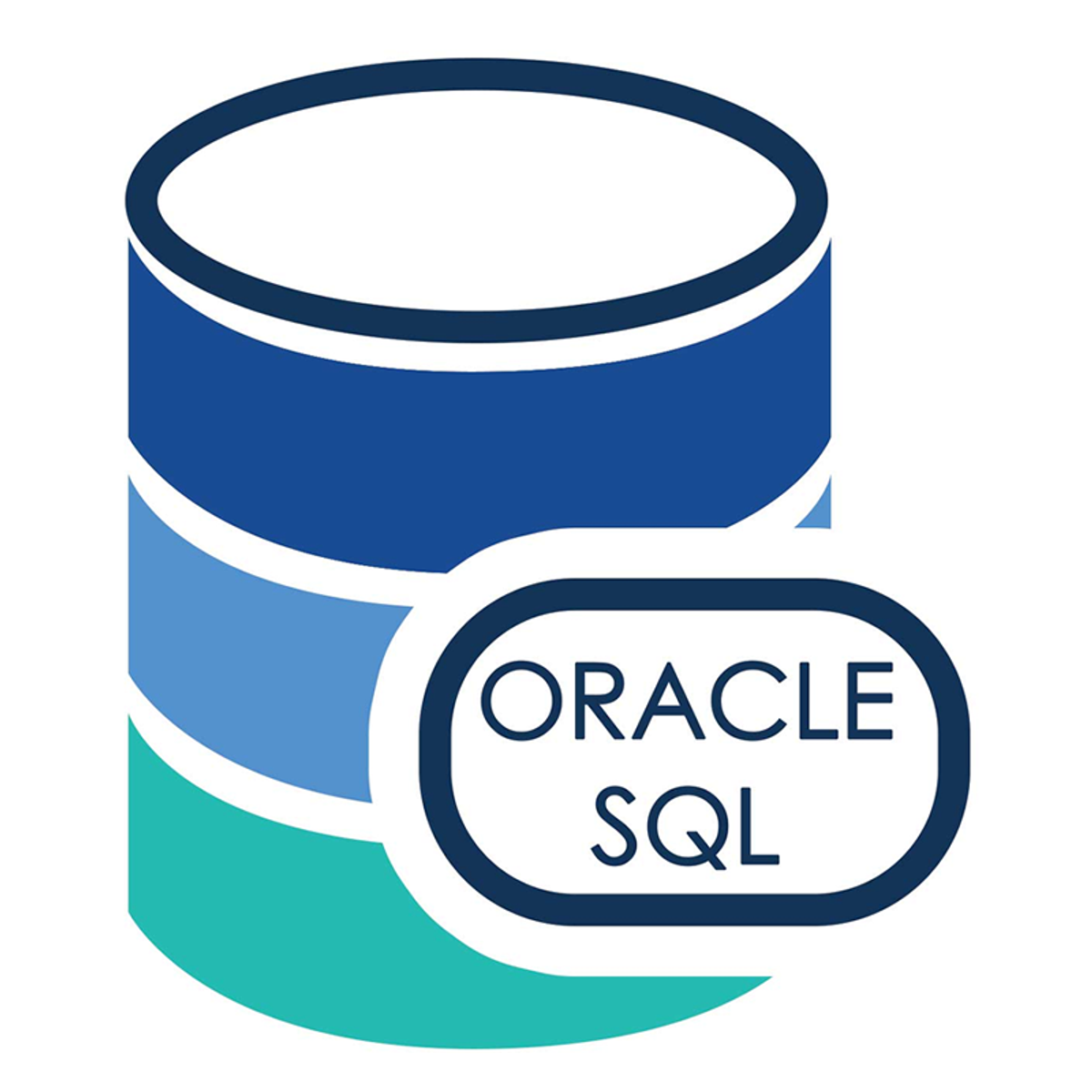

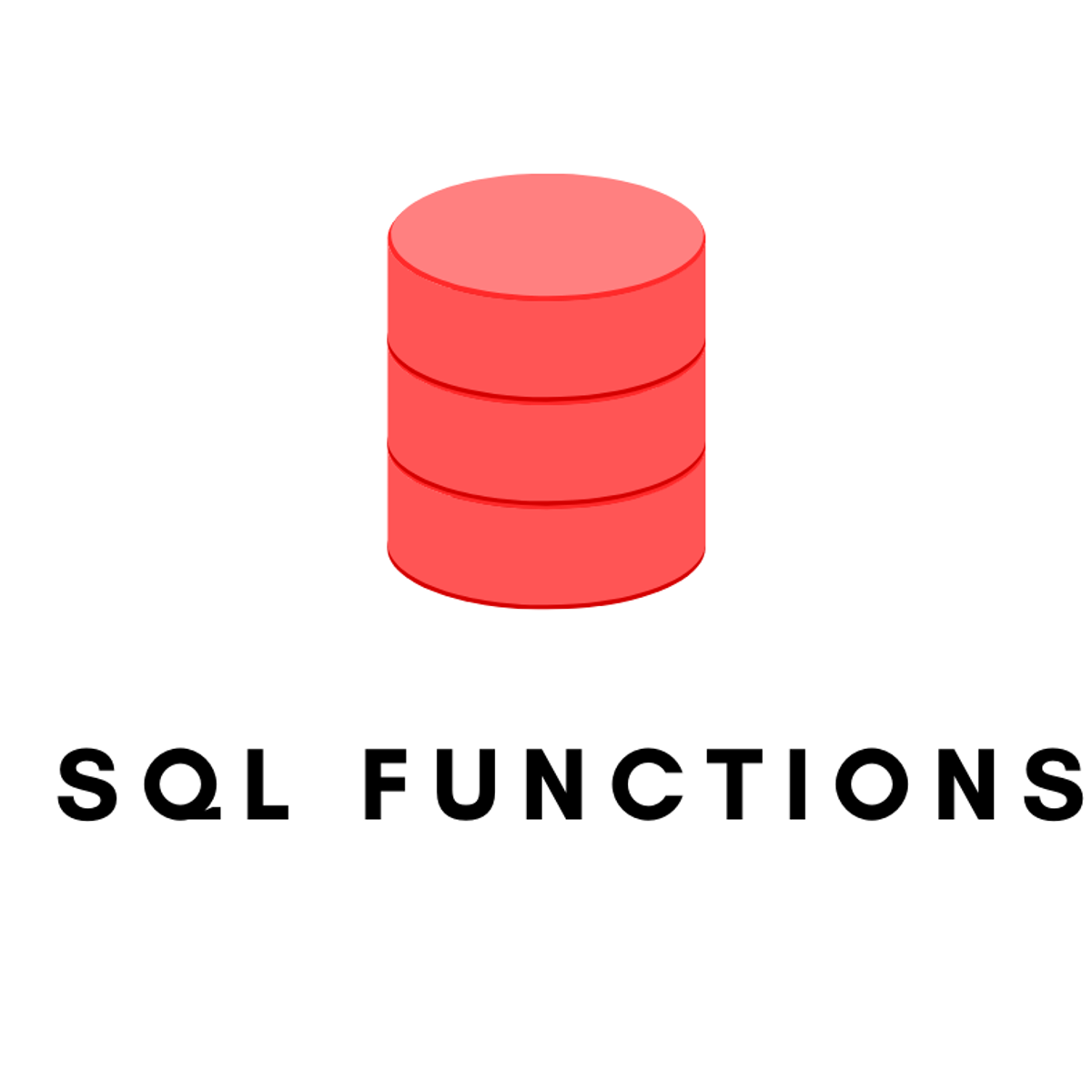
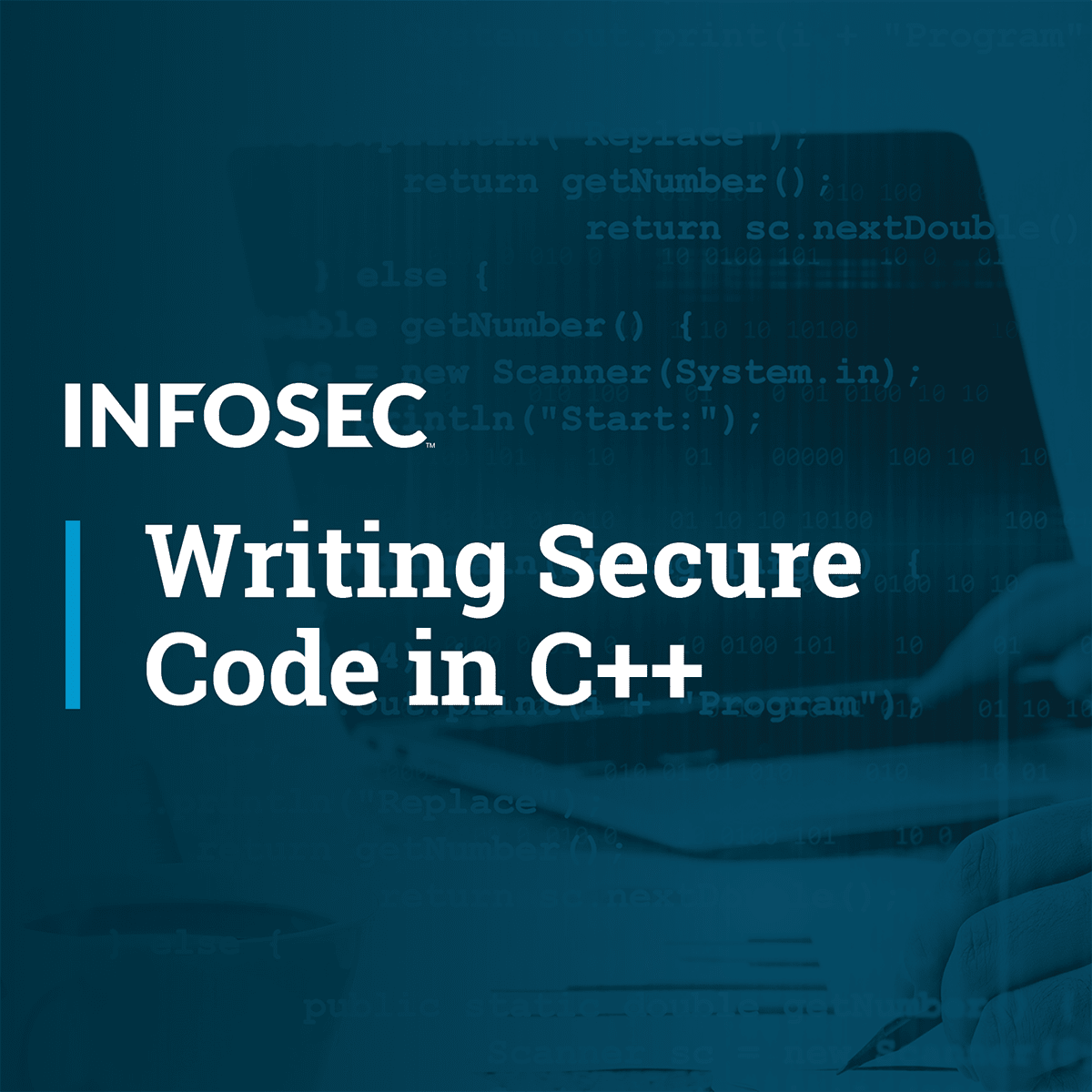
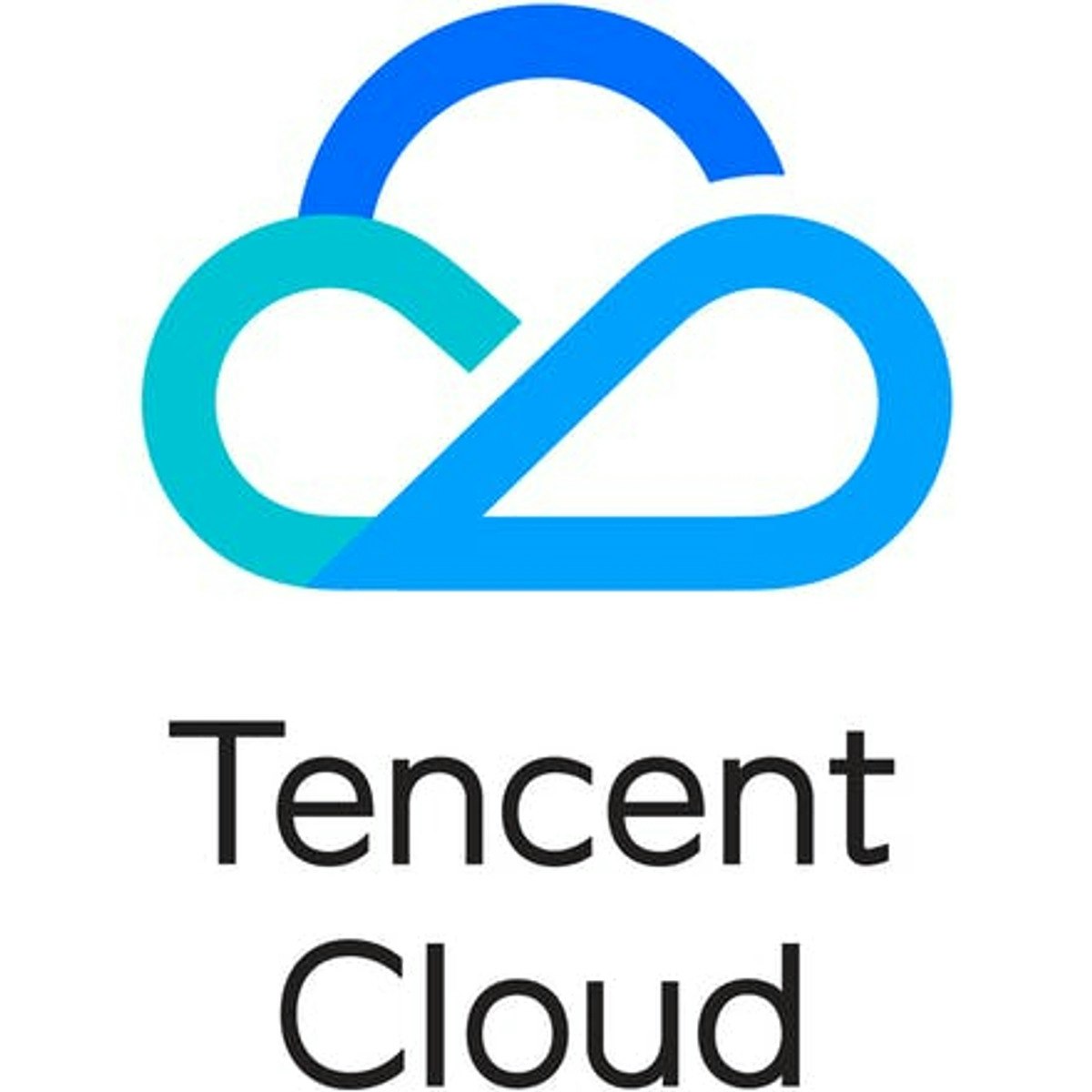
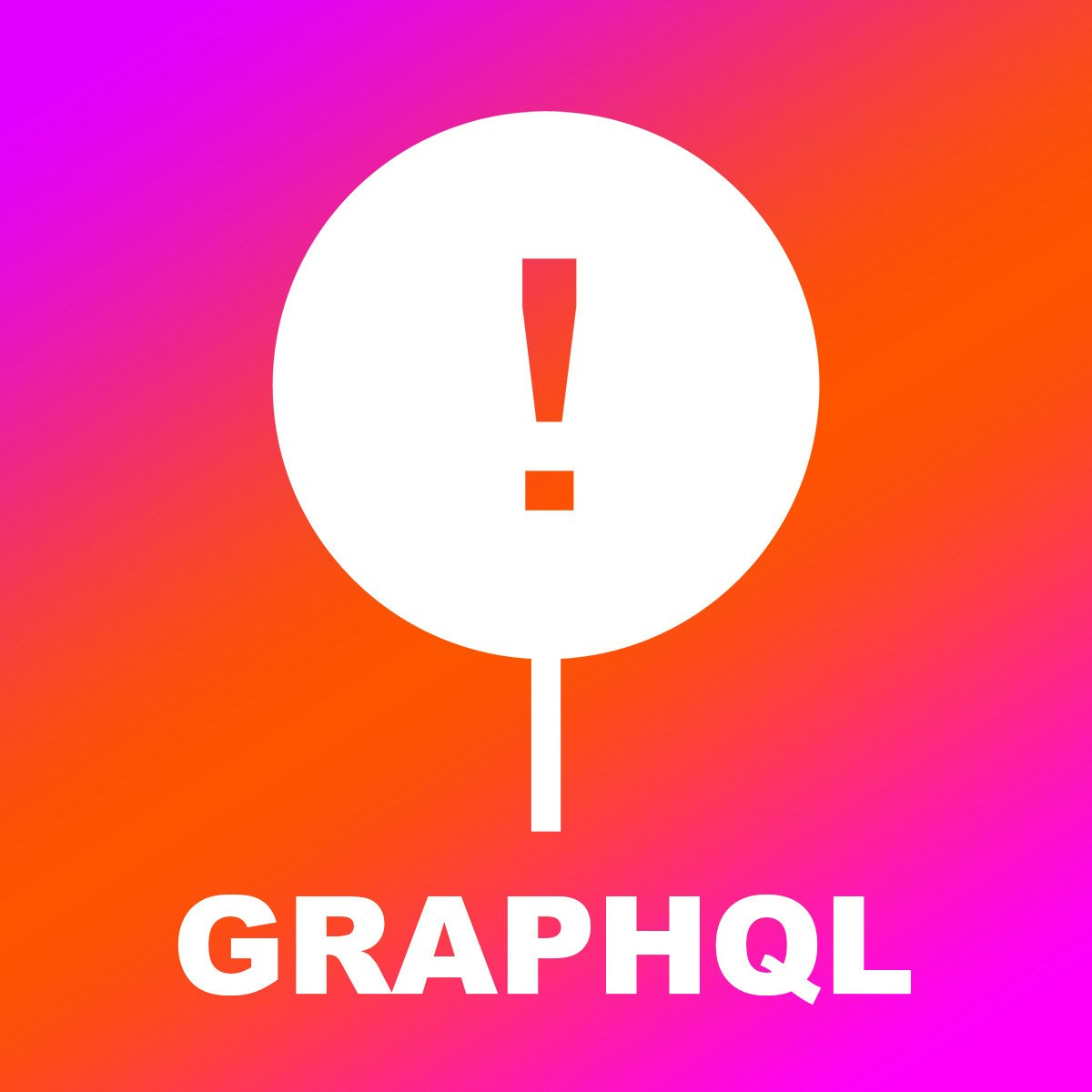



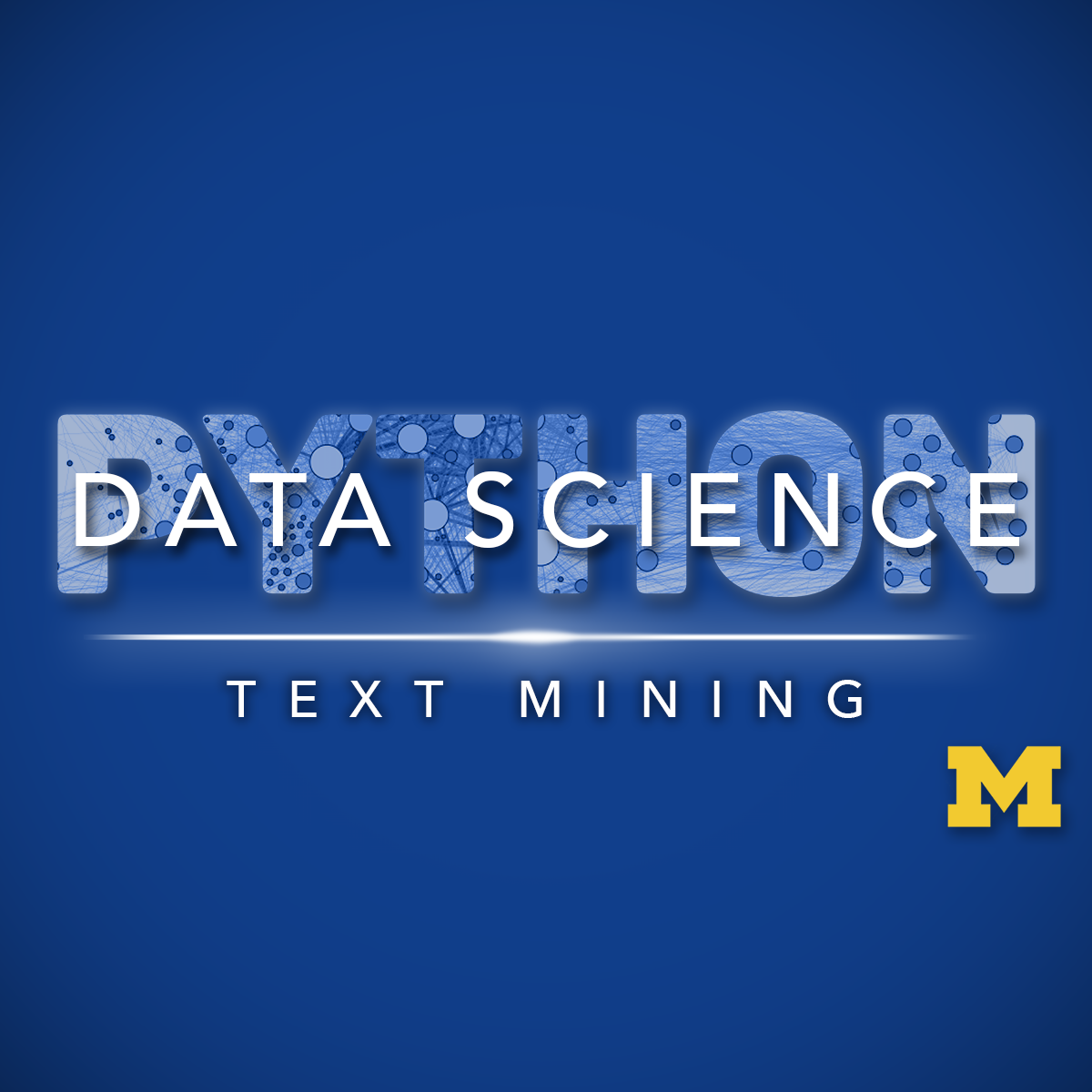
Software Development Courses - Page 9
Showing results 81-90 of 1266

Oracle SQL Exam Prep
This course is designed to help you continue learning about Oracle SQL and prepares you to take the Oracle SQL Certification Exam.
We'll review methodologies and terminology that we presented in the Oracle Specialization courses, show some demos and give in-depth explanations. You'll also have the opportunity to take a practice certification exam.
We recommend that you first complete the Oracle SQL Databases Specialization.

Static Website Hosting and Cross-Region Replication
Have you ever wonder about a scenario, where you want to share data with your friend for a limited periode of time? Do you want to architect a design to host a website and maintain it at a very low cost? Are you confident enough of build an architecture in cloud, where your webiste wont face anydown time? Do you know how to recover your data from any form of Disaster? If so, then this is the right porject for you. I can provide you an apt solution for all these problems using Amazon Cloud. AWS Cloud is making everything that was imposiible at one time to reality. Don't let any disaster to shut your data down. In this 2 hours project, you will learn how to host a 'static website' and to enable 'Cross-Region Replication' as a part of 'Disaster Recovery'.
I am introducing a relatively new feature in AWS Cloud, called "CLOUD SHELL" in this project, where you will get a practical experience of some common usages of generating 'Pre-Signed URL' and allowing access for any users in public Internet.
Note: This course works best for learners who are based in the North America region. We’re currently working on providing the same experience in other regions.

SQL Functions
By the end of this project, you will create a number of examples that will develop your learning around functions in SQL. This course will enable you to take your beginner knowledge of SQL to the next level by incorporating functions into your programming. Thus, you will be able to develop more complex code and be able to solve more difficult problems. Thus, you will be able to develop more complex code and be able to solve more difficult problems. This course will provide students with the knowledge behind different functions in SQL such as string functions, numeric functions, date functions, null SQL functions, stored functions and stored procedures. This project will take students through a number of examples demonstrating SQL functions based on a database. You will gain an understanding of these concepts from the in-depth examples provided.
Note: This course works best for learners who are based in the North America region. We’re currently working on providing the same experience in other regions.

Introduction to C++
This course is an introduction to the course. It presents the teacher, the tools and the content of the courses and explains why C/C++ is important. This course also covers C/C++ particularities a programmer needs to know to create secure programs using these languages.

Tencent Cloud SysOps Associate
This course is primarily aimed at cloud professionals who are interested in learning about Tencent Cloud's system operations. It equips learners with a foundational knowledge in deploying, monitoring, and operating Tencent Cloud's basic products and prepares them to take the Tencent Cloud SysOps Associate examination. After completing this course, learners will be able to operate and maintain Tencent Cloud's basic products and deploy business on Tencent Cloud.

Wire Up an Auction Website with GraphQL
In this 1.5 hours class, you will get up to speed with GraphQL, a popular query language that is used by many companies including Facebook, and right here at Coursera! GraphQL provides a standardized and flexible way to structure queries and exchange data among various database and server platforms. We will focus on the syntax and the fundamentals like data types, arguments, aliases, fragments, directives, and mutations. By the end of this class, you will have wired up a mock auction website with a GraphQL server and made it functional! Javascript and REST API are required as prerequisites.

Automated Reasoning: Symbolic Model Checking
This course presents how properties of acting systems and programs can be verified automatically. The basic notion is a transition system: any system that can be described by states and steps. We present how in CTL (computation tree logic) properties like reachability can be described.
Typically, a state space may be very large. One way to deal with this is symbolic model checking: a way in which sets of states are represented symbolically. A fruitful way to do so is by representing sets of states by BDDs (binary decision diagrams).
Definitions and basic properties of BDDs are presented in this course, and also algorithms to compute them, as they are needed for doing CTL model checking.

Configuring your IDE for beginners with IntelliJ IDEA
In this 1.5 hour guided project. I will show you how to configure IntelliJ IDEA, an integrated development environment to create a productive environment and facilitate a smooth workflow for your development projects. We will cover user interface customizations, build configurations, and version control systems. Basic knowledge of any modern computer programming languages is required.

NLP: Twitter Sentiment Analysis
In this hands-on project, we will train a Naive Bayes classifier to predict sentiment from thousands of Twitter tweets. This project could be practically used by any company with social media presence to automatically predict customer's sentiment (i.e.: whether their customers are happy or not). The process could be done automatically without having humans manually review thousands of tweets and customer reviews.
Note: This course works best for learners who are based in the North America region. We’re currently working on providing the same experience in other regions.

Applied Text Mining in Python
This course will introduce the learner to text mining and text manipulation basics. The course begins with an understanding of how text is handled by python, the structure of text both to the machine and to humans, and an overview of the nltk framework for manipulating text. The second week focuses on common manipulation needs, including regular expressions (searching for text), cleaning text, and preparing text for use by machine learning processes. The third week will apply basic natural language processing methods to text, and demonstrate how text classification is accomplished. The final week will explore more advanced methods for detecting the topics in documents and grouping them by similarity (topic modelling).
This course should be taken after: Introduction to Data Science in Python, Applied Plotting, Charting & Data Representation in Python, and Applied Machine Learning in Python.
Popular Internships and Jobs by Categories
Find Jobs & Internships
Browse
© 2024 BoostGrad | All rights reserved